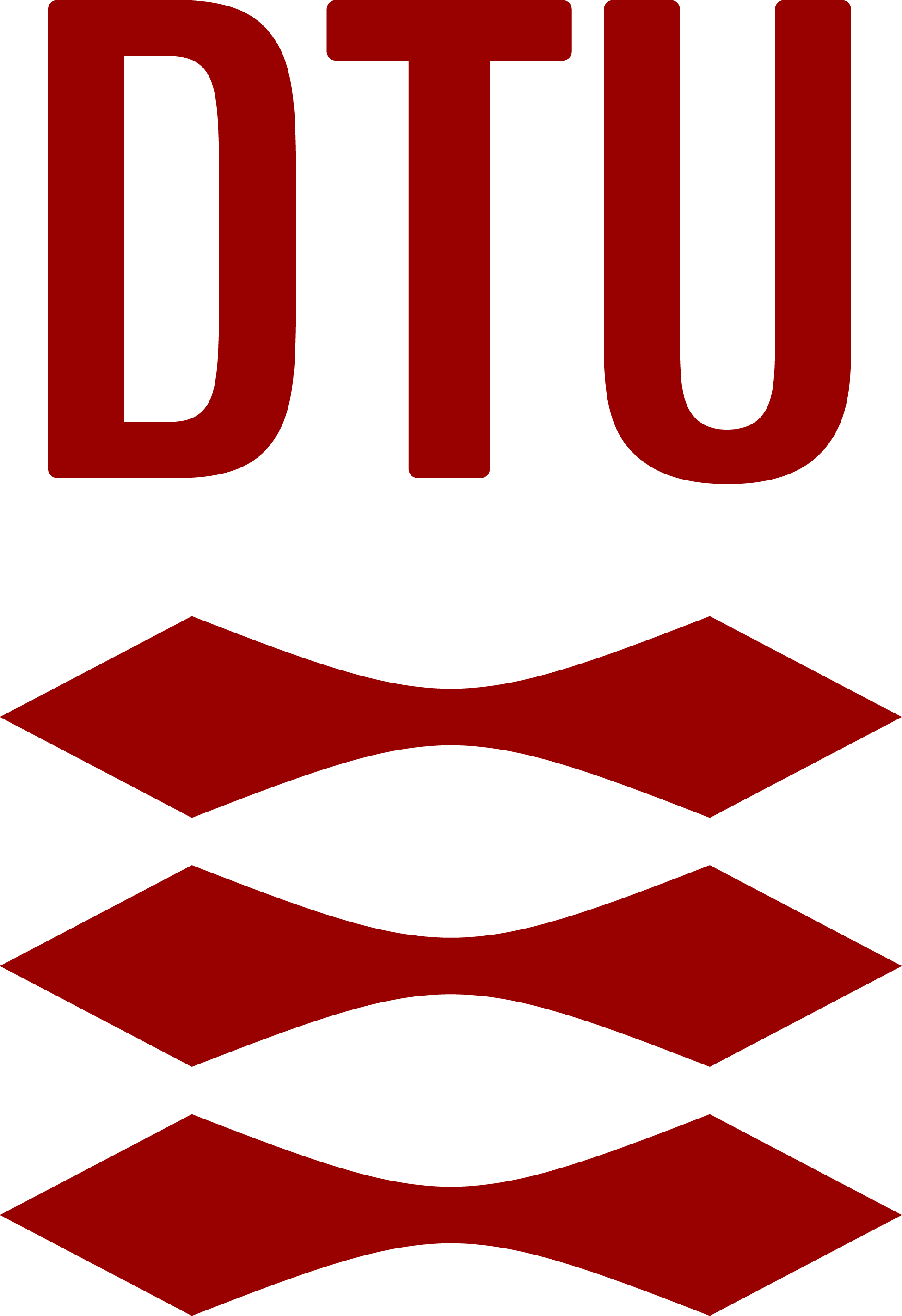About this course
Electric signals in alternating current circuitries in time and frequency domain, passive components in alternating current contexts, analog electrical circuits, transfer functions, and their applications (e.g. passive and active filters, amplifiers, motor drives, oscillator, power supplies). This course is about understanding and application of analog signals, components and their composition in alternating current circuits as well as their usage in applications
Learning outcomes
At the end of the course the learner will be able to: • Understanding of different notations and parameters of alternating currents, voltage and power • Apply basic Fourier series • Explain and apply decibel and bode plot • Explain basic physical principles behind passive components (resistors, inductors and capacitors) • Determine properties of passive circuits, such as impedances and power • Apply basic LaPlace transformations • Determine and analyse transfer functions • Analyse active alternating current circuitries • Link basic theoretical knowledge to practical applications • Demonstrate knowledge about technical terms also in English • Compare different simulation and measurement tools • Design solutions for realistic engineering problems under realistic working conditions for practicing engineers.
Examination
The final grading is based on the students self-reflektion - supported by artificial intelligens, and human inputs from other students/teaching assistents/teachers. Graded pass/fail only.
Course requirements
Knowledge of trigonometric functions, - complex numbers, and - ohm's law and Kirchhoff's rules applied to direct current circuits.
Resources
- Literature: Thomas
- Roland E.
- Albert J. Rosa
- and Gregory J. Toussaint. The analysis and design of linear circuits. Wiley Publishing
- 2012.
Activities
Offered teaching material through videos and quizzes, chat-based communication, artificial intelligens, peer-review, problem solving and lab work, exercises.
Additional information
- Institution locationAnker Engelunds Vej 1, Online
- More infoCoursepage on website of Technical University of Denmark
- Contact a coordinator
- CreditsECTS 5
- LevelBachelor
- Contact hours per week4
- InstructorsArnold Knott
- Mode of instructionHybrid
